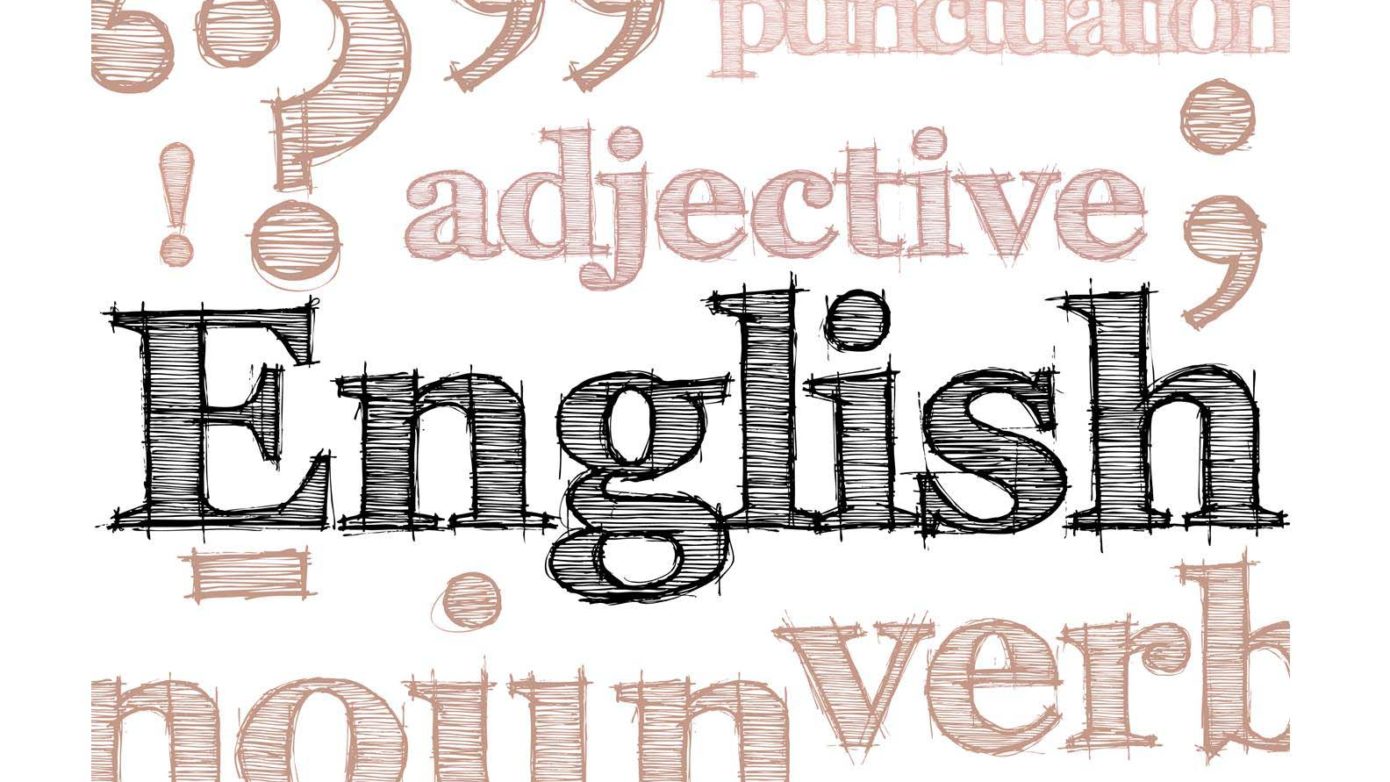It’s easy to look at the four words, Lite, Light, Nite and Night and simply assume that the two words ending in “ite” are arbitrary variants on the other two correctly spelled words. But that is not necessarily the case. There is actual etymological background for each of those two words nite and lite.
Nite in the Night
I posed the question to a fellow writer, “Why do people write ‘nite’ instead of ‘night’?” to which he responded, “I believe that ‘nite’ came into existence around with advent of texting and simplification of English.”
That thought had also occurred to me when I began researching the subject. However, I was surprised to find that ‘nite’ in fact shows up in publications as far back as 1800. Now, granted the earliest printing of ‘nite’ show only in pronunciation guides of ‘night’. For example: Night = nite/ (which was later changed to /nīt/ in the twentieth century) or used to define the pronunciation of a syllable of a word such as ‘ig-nite‘
The earliest use of ‘nite’ as ‘night’ I was able to find was a publication of Peterson’s Magazine from 1870.
The Lite of the Light
‘Lite’ actually has two origins:
- Lite is used as a suffix in the names of rock (Cyrtolite, Actinolite, etc.) having originated from the Greek word ‘lithos’ which means ‘stone’.
- Lite has generally been used as a commercial variant to define a product or service that is lower quality or contains less of something than their normal product. (for example; Miller Lite) However, keep in mind, that in defining these commercial products in any literary sense, ‘light’ is still used. For example; “Jarlsberg Lite Cheese has a mild flavor and lighter aroma.”
What’s Write and What’s Wrong
When writing – keep in mind, that in modern English, it is not accepted by editors or writers to use ‘nite’ as a form of ‘night’ OR ‘lite’ as a form of ‘light’. With the advent of texting and the requirement of abbreviated text in social and cultural permutations, it will be interesting to see how the grammatical world perceives these two words fifty years from now.
So, before you go switching off your nite-lite. Make sure you have first turned on your night-light.


 As a writer, I frequently run into words that raise a question mark above my own head.
As a writer, I frequently run into words that raise a question mark above my own head.